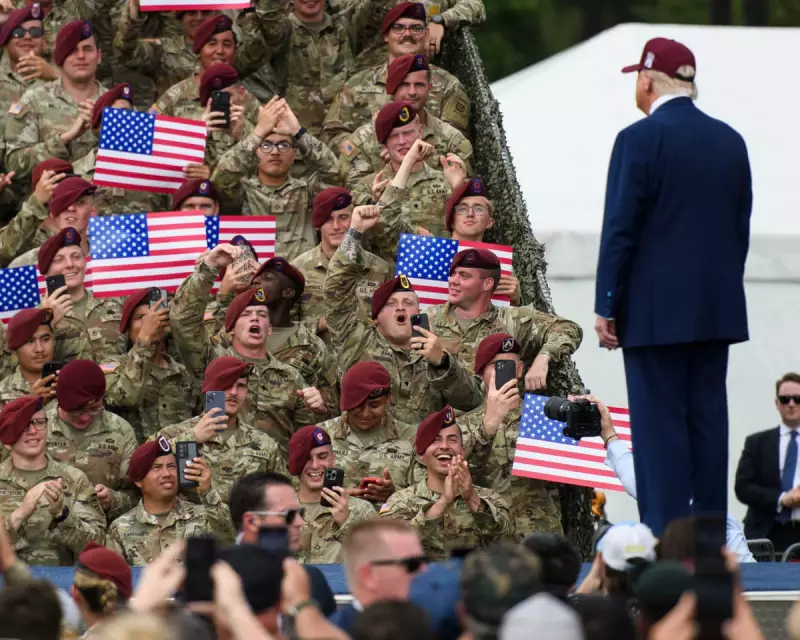
In a move that has sent shockwaves through diplomatic circles, former President Donald Trump has unveiled a radical proposal to rebrand the US Department of Defence. His plan to resurrect the historically charged title 'Department of War' is being decried by critics as a dangerous embrace of aggression that could destabilise global security.
A Symbolic Return to a More Bellicose Era
The proposed name change is far more than a simple administrative tweak; it is a profoundly symbolic act. The title 'Department of War' was discarded in 1947 for a reason—to signal a shift towards a doctrine of defence and deterrence rather than outright belligerence. Reverting to this archaic terminology is widely seen as a rejection of post-war values and a clear signal of a more hawkish, interventionist foreign policy stance.
Stoking the Fires of Conflict
Analysts suggest that such a shift in language could have tangible and dire consequences. Framing the nation's primary military institution around the concept of 'war' rather than 'defence' risks normalising conflict and undermining diplomatic solutions. This rhetoric aligns with Trump's previous praise for authoritarian leaders and his scepticism towards international alliances like NATO, potentially emboldening adversaries and unsettling long-standing allies.
The Chilling Message to the World
The international community is watching with apprehension. This proposal, coupled with Trump's history of inflammatory rhetoric, suggests a potential future where American foreign policy is characterised by increased unilateralism and a higher threshold for military engagement. The message is interpreted as a clear intent to prioritise overwhelming force over cooperative security, a move that could ignite new conflicts and intensify existing ones across the globe.
A Domestic and Global Reckoning
The debate over the Pentagon's name opens a larger conversation about America's role on the world stage. It forces a stark question: is the United States moving towards a future defined by isolation and bloodshed, or one of cooperation and defended democracy? The outcome of this ideological battle will have ramifications far beyond Washington D.C., affecting global stability and international law for generations to come.





